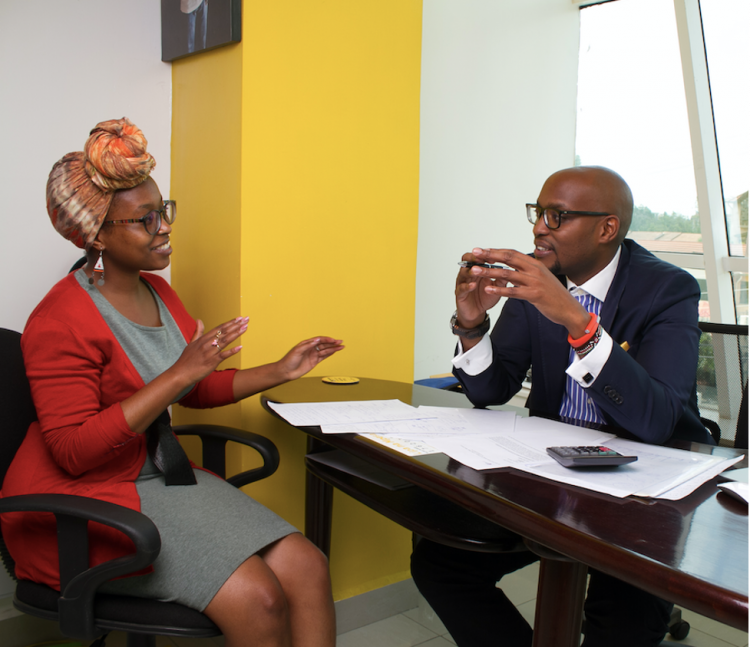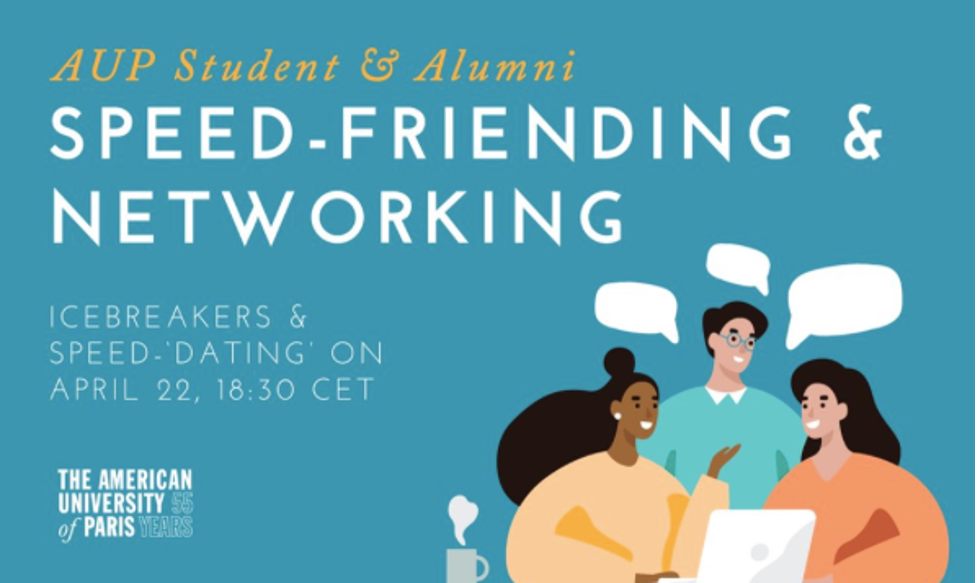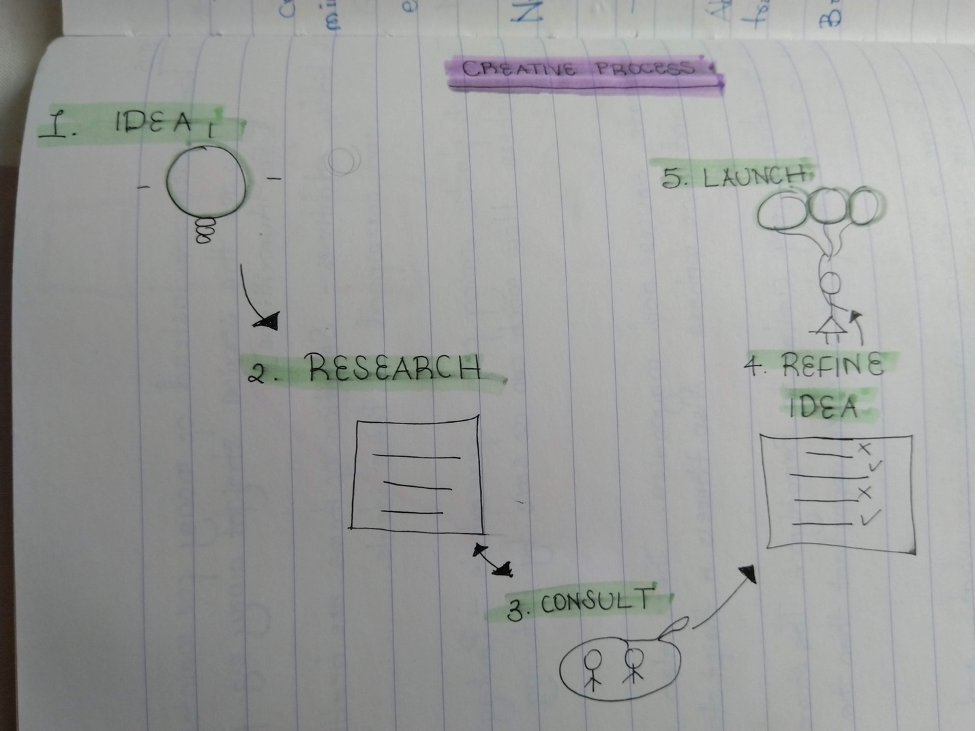Thank you for your interest

In the past few months, the COVID-19 pandemic has shifted how we work and affected businesses across the globe making it increasingly difficult for students to get entry level jobs let alone an invite to an interview. According to Statista, the unemployment rate in France for the first quarter of 2021 will be around 9.7%. Estimates from the OECD, though slightly lower at 9.3%, reflect a similar bleak reality that companies have adopted widespread hiring freezes leaving young job seekers in particular with job prospects few and far between. In this environment, students must now learn to cope with a constant deluge of “Thank you for your interest” letters which can take a toll causing uncertainty and discouragement.
To get an idea of just how oversaturated the job market for young job seekers is, according to Le Grand Paris, within the Greater Paris Region there are 18 universities and almost 60 business schools which are host to 635,000 students (over 5% of the region’s population), around 100,000 of which are foreign students. Now let us assume 200,000 students for years 2020 and 2021 are all competing for the same international positions and opportunities. It’s no wonder it is becoming increasingly difficult to get a response from recruiters. But, rejection is a part is a part of life, and it can be great feedback if you choose to learn from the situation.
Here are five tips to guide you on how to deal with rejection during your internship/job search:
Ask for help
You may have seen multiple emails and invitations for various job/internship related sessions shared by the Career Development Office. Its time you take the next step and book that meeting. The Career Development Office is happy to look over your resume, help you polish your cover letters, give you career advice and prepare you for interviews. You may discover that there are some skills you are not highlighting well or perhaps there are ways to make your resume more competitive so you can stand out as a suitable candidate. In addition, the Internship Office provides GPS and DYE training for both graduate and undergraduate students to learn about their career paths. Students today face unique challenges as they prepare for their professional lives. These workshops will help students examine how to connect the dots between your current university life, personal experiences, and post-graduation aspirations.
They provide valuable insight like the STAR method - a technique you can apply to all your interviews to highlight your achievements and discuss how you overcame certain challenges. Once you have all your information ready, the key is to practice with friends or family, and to always be prepared before an interview.
Student receives rejection letter. Image Credit: ShutterstockConsider a Different Sector
According to the BBC’s Brian Wheeler and Sean Coughlan, “The sectors that have been hit hardest are those that employ the most young people - hospitality, tourism and leisure. It is too early to say whether employment will return to pre-pandemic levels, but there are some grounds for optimism in more "green" jobs.” While it’s great to get a job related to your specific field of interest, consider jobs outside your specific program. There is a slight rise in “green jobs”, sustainability opportunities like diversity and inclusion and even healthcare. Check out some of the jobs that have risen in popularity since the pandemic. It is also key to continue to invest in yourself by adopting some transferable skills, most of these skills can be acquired via self-learning, and you can start today with the diversity, inclusion and belonging course on LinkedIn Learning.
Connect with Alumni
Reach out to alumni working at companies or in careers you are working towards and learn from them. LinkedIn is a great way to connect and to ask for advice - follow AUP LinkedIn and the Graduate Programs page for updates and reach out to AUP alumni working in your field of interest to ask them questions about their career journeys. You can send the questions ahead of time, before requesting a meeting with an alumnus. Be mindful of their time. If they agree to a meeting keep it short, not to last more than 1 hour. As most alumni are working, it may take time for them to respond, or they may choose not to engage with you and that’s also okay. Note that alumni are happy to share their experiences with you and give you some great insights, but please don’t ask them directly for a job. If they think of an opportunity, they will have you in mind. This process is mainly for you to learn and adjust your career expectations accordingly.
Previous Alumni networking event, Image credit: The American University of ParisLearn from the “No”
It’s one thing to get invited for an interview session, and it’s another going through the rigorous interview process. Even after all that, it is possible that you will not be guaranteed a position, and recruiters may choose to go with another candidate. You may sit there wondering: what next? This process may be daunting, but do take some time to learn from it - you can gain key insights that will improve your job/internship search strategy. The first step is to ask the recruiter to give you specific feedback of what wasn’t clear for them. Note these points down, also write down all the questions the recruiter asked, research how you should or could have answered them better. This feedback is valuable for going into your next interview session with more confidence, as certain questions tend to be repeated and being prepared before any interview makes all the difference.
Refine your internship/job search strategy, Image credit: Stella SaginiBe patient
It is difficult to stay upbeat and positive especially when nothing seems forthcoming during your search. It’s okay to be anxious or having feelings of disappointment. Take time to allow these feelings and release them. It takes a certain level of vulnerability to wait for a certain opportunity to present itself while getting rejected even after a rigorous job interview process. Check out some infamous TED Talks, Jia Jing’s What I learned from 100 days of rejection and Brene Brown’s The Power of Vulnerability to learn more about rejection and courage.
In sum, receiving multiple rejection letters during your internship/job search is normal. The process can been daunting at times but keep pushing forward, and be optimistic that the right job will find you at the right time.
If you are facing anxiety or feeling stressed out due to your internship/job search reach out to the Internship office today. Internship Office: Career & Development Center. Make an appointment here.










